Did you know that occasionally Google requires a hotel guide to help it locate the greatest online lodging options? SEO accomplishes just that for the website of your hotel. In the realm of hotel SEO, appropriate keywords serve as your greeter and top search results are the opulent suite in Google search results. Plerdy is aware that the internet presence of your hotel is just as important as the comfort of its rooms. We explore in this introduction the value of SEO especially for hotels to make sure your resort is noticed in the crowded internet industry. Let us investigate the tactics that, one click at a time, can improve the online visibility of your hotel.
Learning Hotel SEO
Say you walk into a hotel lobby and nobody is there to help you. Without appropriate SEO, that’s how your website feels most of the time. We reveal in this part how SEO transforms your hotel’s website into a warm welcome for internet visitors.
Hotel SEO is what?
The digital skill of ensuring that search engines like Google find and enjoy your hotel’s website is known as hotel SEO. As a well-lit, well-marked hotel draws more visitors, so too does good SEO guarantee that your website is seen in internet searches. Like being the first hotel people see when they enter a city, you want to show up as the top result when prospective customers look for lodging in your area. It has to do with being observable and reachable online.
Value of SEO in the Hotel Sector
Being on the first page of Google is similar to having a fantastic location in the cutthroat hotel business. Since SEO affects your ranking and, in turn, your visibility to potential customers, it is essential. Why it matters is as follows:
- Over 70% of search traffic hits the first page, claims Moz.
- Travellers are more likely to find and select your hotel when your website ranks higher thanks to a solid SEO plan.
- It has to do with getting discovered and selected in a society where having a strong online presence matters.
- Reducing reliance on outside booking sites, SEO enables your hotel to stand out and draw in more direct reservations.
Not only a digital tactic, SEO for hotels is your virtual front desk, greeting and directing visitors to your doors. The visitor experience is improved from the moment of first click when SEO is understood and applied. First step to profitability in the digital hospitality race is visibility. Watch this space for more advice on how to make the internet presence of your hotel worthwhile.
Key Strategies for Hotel SEO
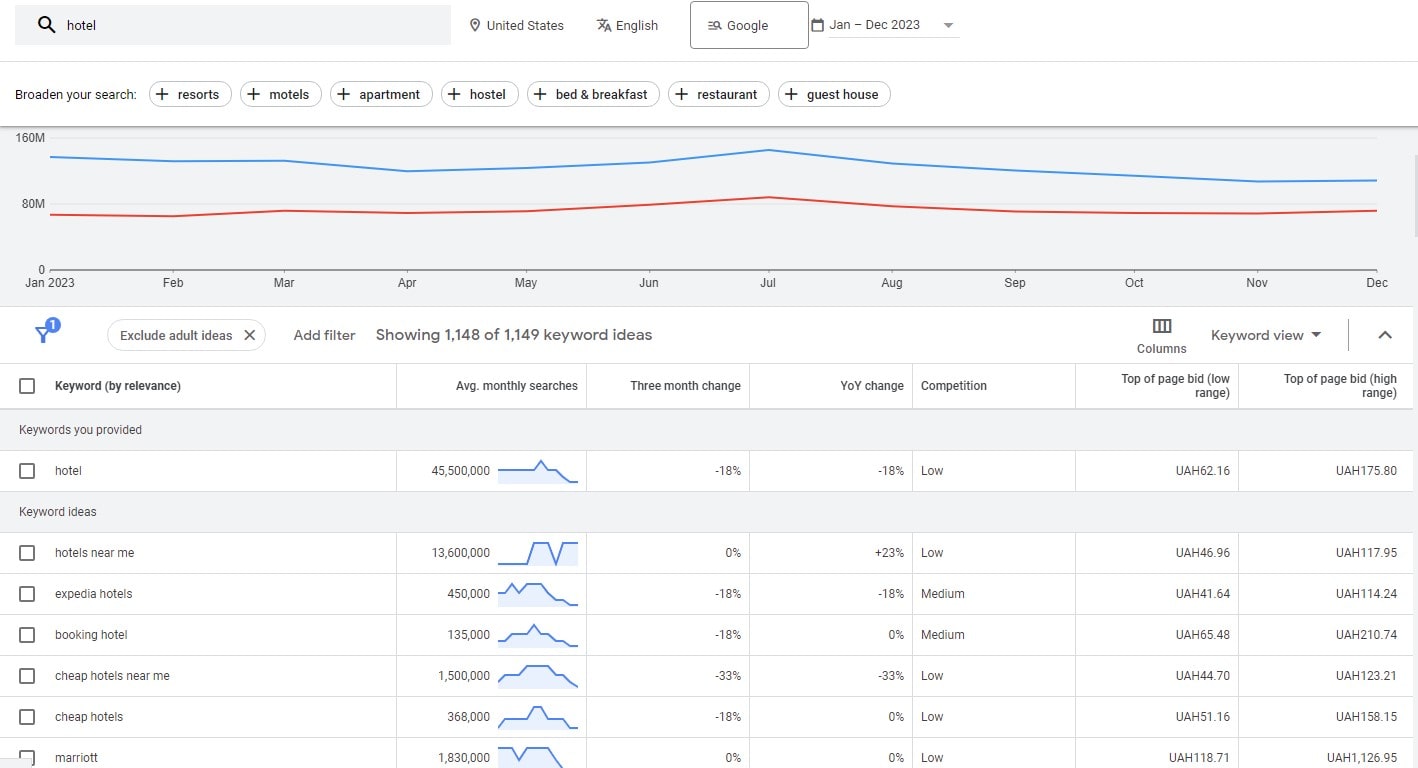
Organising a guest’s ideal holiday is similar to navigating the realm of SEO. To guarantee an experience to remember, it takes planning, attention to detail, and understanding of the landscape. This section will go over the main hotel SEO tactics that turn your website into a destination unto itself rather than only a stopover.
Keyword Research and Selection
The right keywords are the foundation of every excellent SEO strategy. This consist of:
- Finding out what words and phrases prospective customers are using to locate hotels similar to yours.
- Examination of search traffic and rivalry for certain terms.
Naturally inserting these keywords into the content of your website, from blog entries to the homepage.
- Using this focused strategy guarantees that your hotel appears in searches that are most important to your prospective customers.
Content Optimization of Websites
The online lobby of your hotel is your website. To make it hospitable
- Publish interesting, pertinent material that addresses the demands of your visitors.
- Throughout your website, carefully and organically include keywords.
Regular updating will help to keep your content interesting and new.
- This strategy not only raises SEO but also increases the whole website experience for visitors.
Local SEO for Hotels
Local search engine optimization maps your hotel almost literally. Part of it is:
- Improving your Google My Business listing.
- Making sure maps and local directories show your accommodation.
Employing keywords particular to your area in the text of your website.
- When people are organizing their trip to your area, they will find you more easily if you concentrate on local search engine optimization.
Gaining proficiency in these essential SEO tactics is like having the top concierge in the neighborhood. It has to do with directing visitors via the internet world and right to your hotel. Recall that in the realm of online hotel marketing, visibility precedes discoverability, which precedes reservations. Discover how to create a visually appealing online presence for your hotel by continuing to read.
Leveraging Content for SEO

Within the hotel industry, story is just as important as room comfort. Content for SEO steps in here, telling and selling your tale as a narrative. Let’s investigate how the correct content might improve the SEO results of your hotel and draw in more visitors.
Building Interesting Hotel Content
Stories about your hotel start with interesting material. This is how to make it meaningful:
- Write narratives around the special qualities, offerings, and experiences of your hotel.
- Choose a tone that speaks to your target market and fits the voice of your company.
Maintain interest in your website by adding new, pertinent content.
- Creating an experience that begins online is what makes material engaging, not just stuffing pages.
Google Blog Strategies
Your work horses in SEO are blogs. They accomplish several things:
- Give your potential visitors a forum to exchange knowledge, advice, and local sites.
- Improve keyword strategy by including long-tail, focused keywords into educational articles.
Present yourself as a hospitality sector thought leader.
- Blogs showcase what makes your hotel special and are more than just articles.
Not only is content king, but it also serves as the online presence architect for your hotel. Not only is your SEO increased when you use interesting material and smart blogging. You’re assembling a digital tapestry of narratives that entice, fascinate, and persuade visitors to make a reservation. Recall that in the digital sphere, your content is the lighthouse directing people to your door. Watch for additional advice on using content to narrate your story and turn it into a best-seller.
Technical SEO for Hotels
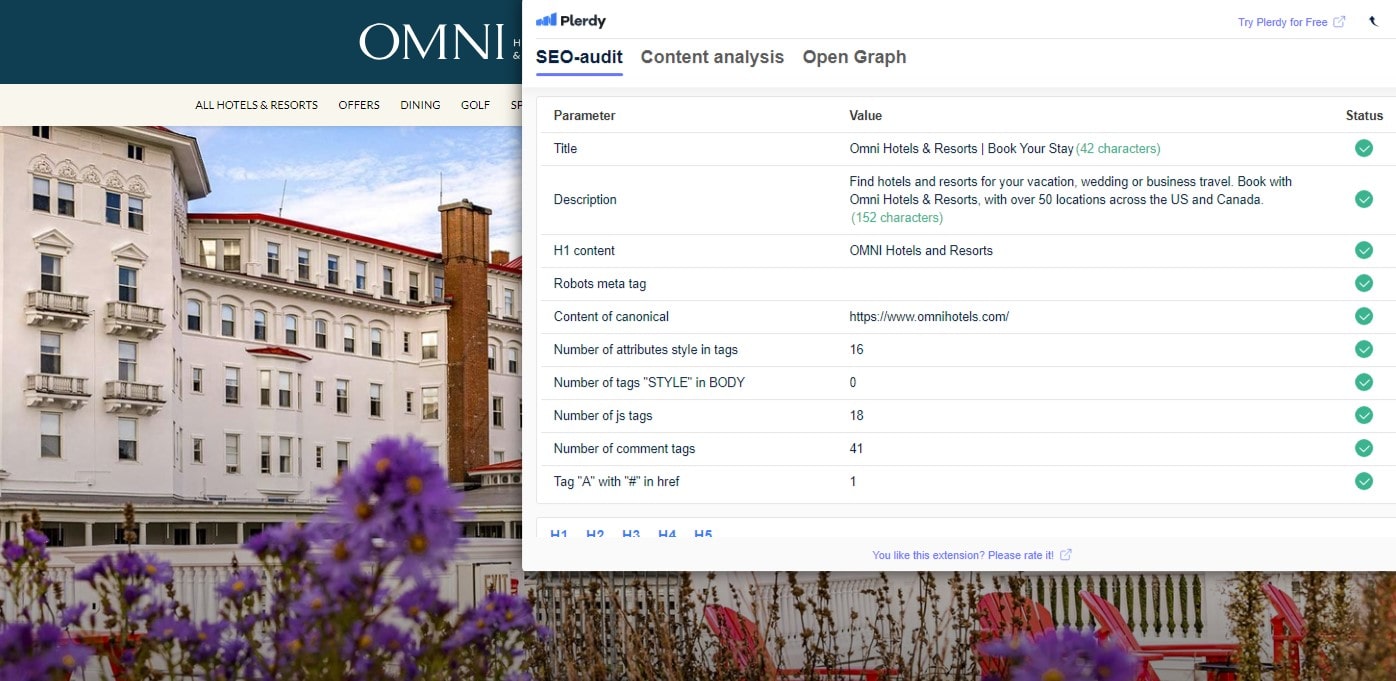
Like its actual building, your hotel’s website in the digital sphere requires a solid basis. Technical SEO steps in here to make sure your website is not only created but also found. Let’s explore the specifics of SEO that maintain the powerful and searchable online presence of your hotel.
Website Performance and Mobile Optimisation
The internet visitor values speedy website loading times just as much as a guest does prompt service. Important considerations consist of:
- Find out how quickly your website loads by using services like Google’s PageSpeed Insights.
As more people book using mobile devices, make sure your website is mobile-friendly.
- Fast and responsive websites are comparable to having a concierge on call around-the-clock, willing to help.
Titles, Descriptions, and Headers are metadata.
Metadata is, in the digital realm, equivalent to hotel signage. It directs and educates:
- Write compelling, keyword-rich title tags and meta descriptions for every page.
To properly and clearly arrange material, use headers (H1, H2, H3).
- Search engines will find your website easy to interpret and show in search results because to this attention to detail.
As important as the guest experience, technical SEO may appear to be the backbone of hotel management. It guarantees the website of your hotel is not only functional but also well-optimized to welcome and direct online guests. By giving these technological details your full attention, your hotel will stand out in the congested online market. Recall that, in the digital hotel sector, visitor happiness is mostly dependent on the technical state of your website. More on how technical SEO maintains your digital doors open and welcome will be covered soon.
Building Online Authority
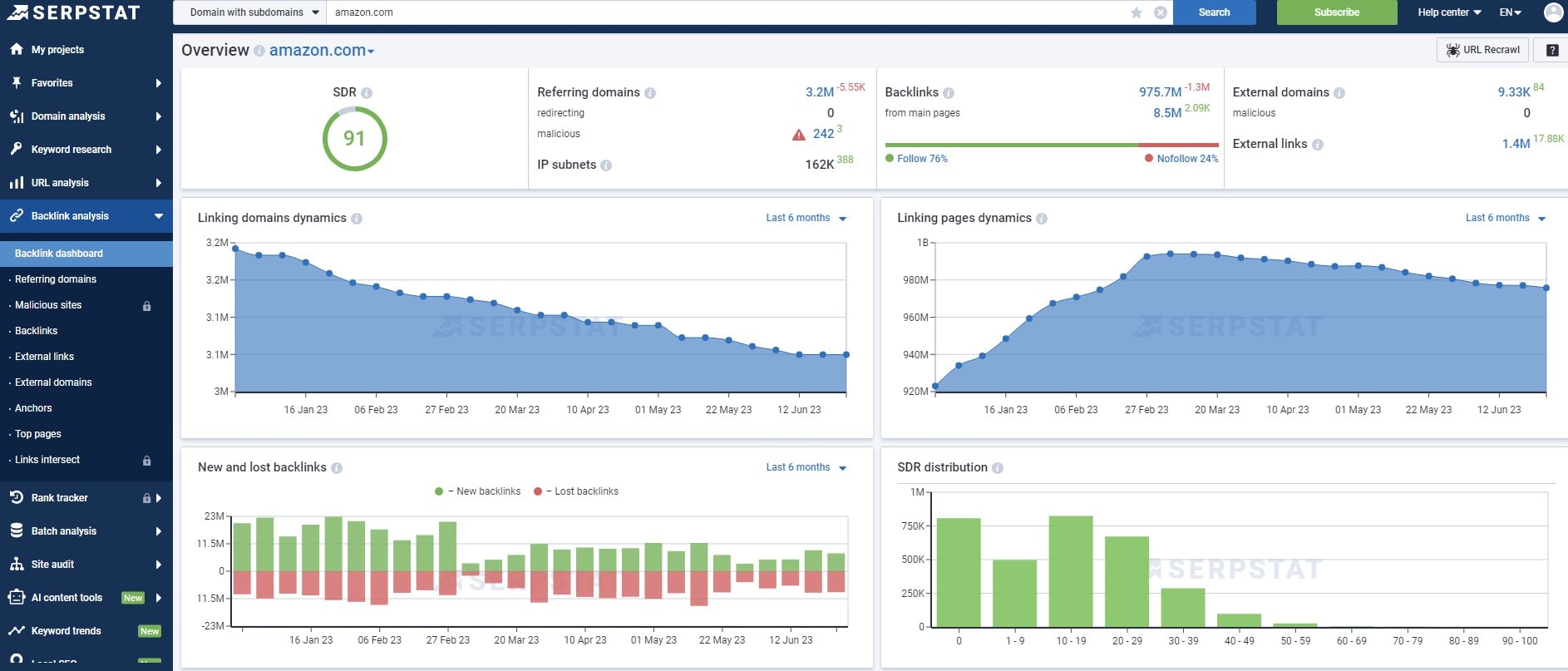
Reputation is just as important for a hotel in the digital sphere as its size. Gaining online authority is like getting your hotel rated five stars; it’s all about credibility and trust in the virtual world. Let us investigate the tactics that strengthen the authority and online visibility of your hotel.
Working Link Building Strategies
The hospitality industry’s counterpart of alliance formation is link building. That entails:
- Gaining links from reliable websites in the hotel and travel sectors.
- Working on features and mentions with regional tourism websites and travel bloggers.
Creating stuff that people will naturally link to.
- In the internet world, these procedures are like recommendations; they indicate the quality and dependability of your hotel.
Controlling Internet Ratings and Reviews
Digital age word-of-mouth endorsements are found in online reviews. They call for:
- Reading and responding to Google My Business and TripAdvisor reviews.
- Encouraging pleased customers to write good reviews.
Proactively and constructively responding to negative comments.
- Good management of these reviews improves the internet image of your hotel and has an immediate impact on the decisions of visitors.
Developing internet reputation takes time. Keeping up ties with your visitors and the online community is an ongoing process. Using smart link-building strategies and carefully controlling your online reviews will make your hotel’s online presence just as compelling and welcoming as its real one. Ultimately, building trust and confidence one guest at a time in the digital sphere is more important for a hotel’s online authority than just visibility. Watch this space for additional advice on raising the bar for your hotel’s online reputation.
Integrating Social Media into Hotel SEO Strategy
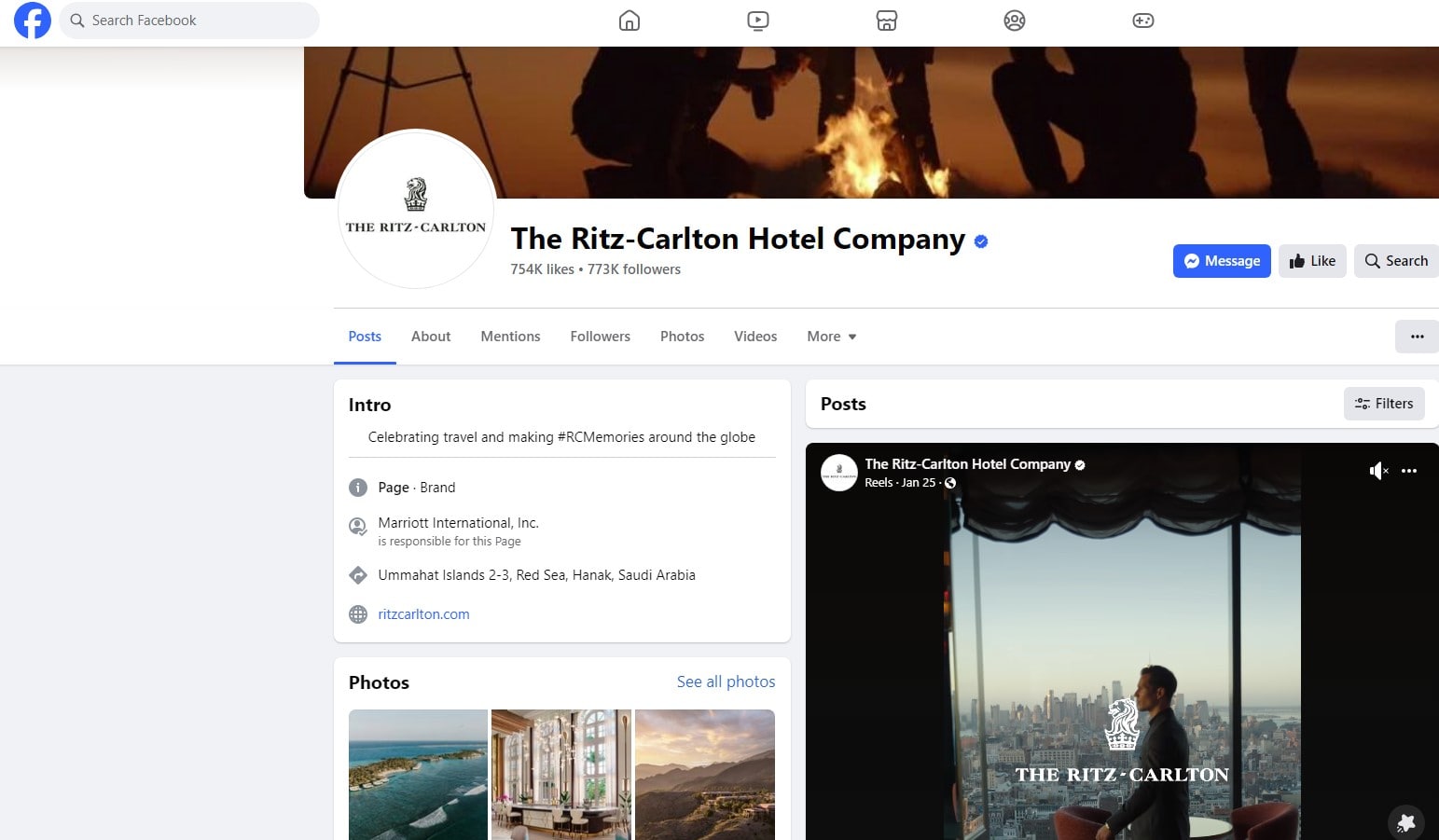
These days, a hotel’s social media presence can greatly improve its search engine optimization efforts. Including social media into your search engine optimization plan enables visitors to locate and communicate with your hotel. Let’s examine how social networking sites can increase the web exposure of your hotel and support its general search engine optimization.
SEO and Social Media
Social media increases website visitors to your hotel and helps raise brand awareness. Through sharing interesting information, exclusive deals, and customer experiences, hotels can:
- Raising online interaction will result in increased website visitors.
- Raise brand awareness, which as more people look for your hotel indirectly improves SEO.
- Use material created by users, such endorsements and guest reviews, to increase credibility.
Techniques for Sensible Social Media Integration
How to apply social media for SEO correctly
- Put up interesting stuff to draw visitors to your website.
- To help prospective visitors find your material, use hashtags and keywords related to your hotel and area.
- React to messages and comments to foster brand community.
Social media should be a part of the SEO strategy for your hotel in order to build a cohesive digital story that draws and keeps visitors. You increase brand awareness, reach, and strengthen the SEO basis of your hotel by using social media. Recall as we continue to negotiate the digital landscape that social media is a useful ally in your hotel’s pursuit of online visibility and customer happiness. Watch this space for advice on using digital tools to benefit hotels.
Optimizing Hotel SEO for Voice Search

Travelers are quickly taking to voice search. Hotel SEO techniques must be optimized if they want to keep up with this expanding trend. We’ll get into the importance of voice search in the hotel sector and how to modify your SEO strategies to take use of this technology in this part.
Hospitality Voice Search’s Ascent
Thanks to smartphones, smart speakers, and virtual assistants, travelers are using voice search to find hotels, reserve rooms, and learn about their destinations. With the change in user behavior, hotels have a special chance to improve their internet presence.
Methodologies for Improving Voice Search
Using voice search optimization for your hotel:
- Use long-tail phrases and naturally occurring conversational keywords.
- Make FAQ pages with succinct, educational responses to often asked traveler questions.
- Mobile phones are utilized for voice searches, hence your website should load quickly on them.
- Local business information is often included into voice searches, so make sure you claim and keep up your Google My Business account.
Hotels that modify their SEO tactics will be better positioned to draw visitors as voice search continues to change the way people look for information and make reservations. By voice search optimization, you not only increase hotel visibility but also provide tech-savvy guests with a smooth and easy-to-use experience. To keep ahead in the cutthroat hospitality sector, monitor new voice search trends and include them into your SEO campaigns.
Measuring SEO Success
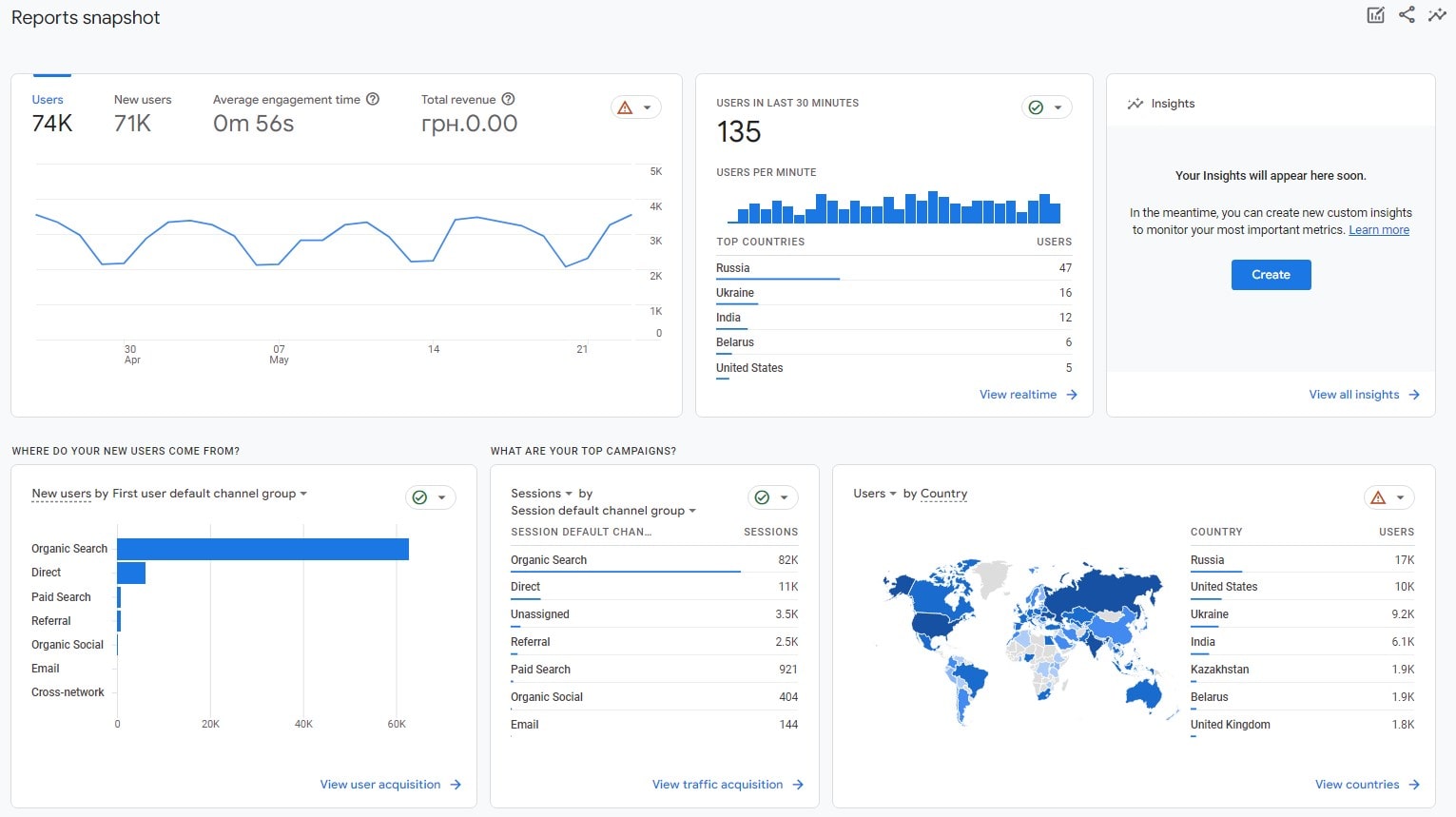
Knowing how well your digital efforts are working depends on tracking SEO success, much like a hotel monitors its guest satisfaction ratings. Climbing search engine ranks is not the only goal; another is determining what works and honing tactics for ongoing development. Let us explore the indicators and resources that support evaluating the success of the SEO campaigns of your hotel.
Application of Google Analytics in Search Engine Optimization
SEO data abounds in Google Analytics. Important parts to concentrate on consist of:
- Traffic sources: Finding successful channels on your website is made easier when you know where its users are coming from.
- User behaviour: User engagement and content effectiveness are shown by the way visitors use your website.
- Conversion Rates: The bottom line is immediately impacted by monitoring the number of visitors who make reservations.
Continually evaluating these indicators facilitates the decision-making process for next SEO tactics.
Ranking and Guest Comment Tracking
One way to gauge SEO performance directly is to monitor search engine results for desired keywords. Online guest interactions and comments can also provide qualitative information about your SEO effect. Entire picture of SEO success is provided by statistics and qualitative data.
As with honing the guest experience, SEO success is a continuous effort. Analytical abilities are combined with a deep awareness of the demands and actions of your visitors. You can customize your tactics for improved performance by using tools like Google Analytics and monitoring search results and visitor comments closely. Ultimately, measuring SEO well means changing and growing to make sure that online searchers continue to choose your hotel. Continue reading about using data to raise the online exposure of your hotel.
Verdict
We have negotiated the complex routes from setting the cornerstones to creating the imposing online presence of your hotel in our experience with hotel SEO. As a great stay leaves visitors wanting more, so too do our insights hope to pique your interest and motivate you to learn more about digital marketing. Recall, though, that the internet world is always changing, just like hospitality is. Continually learn and adjust to stay ahead. Plerdy’s blog includes a tonne of tools to raise the online profile of your Hotel. Let Plerdy be your road map on this continuous quest for digital brilliance and satisfied guests.
